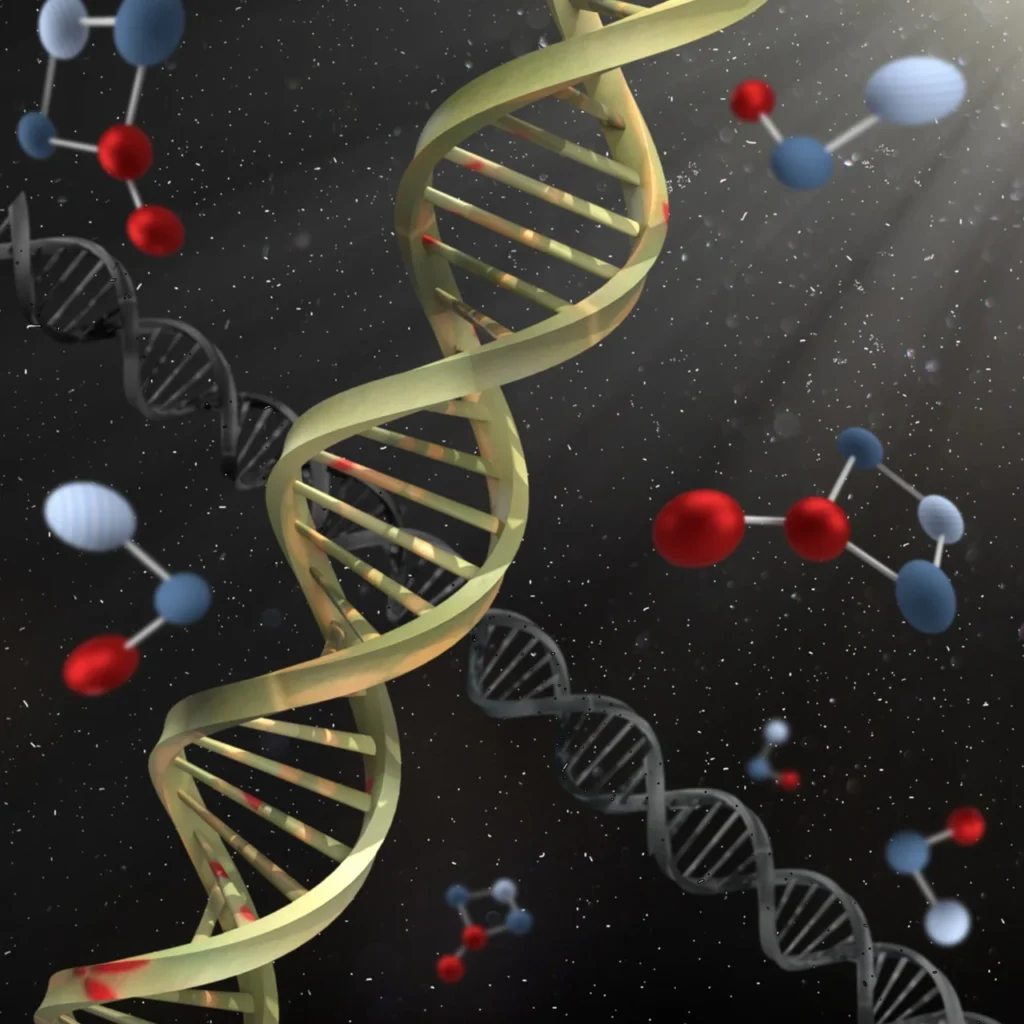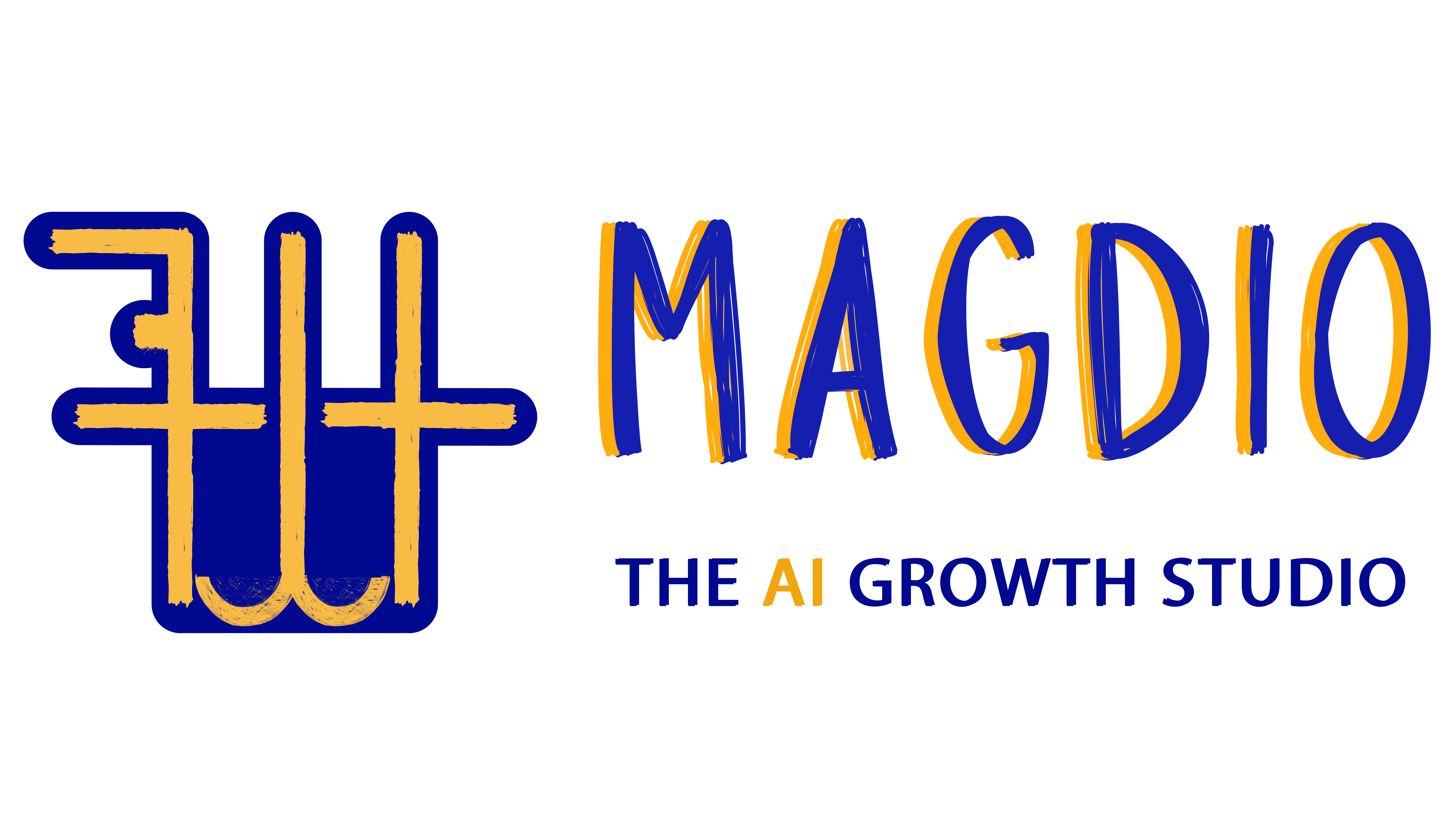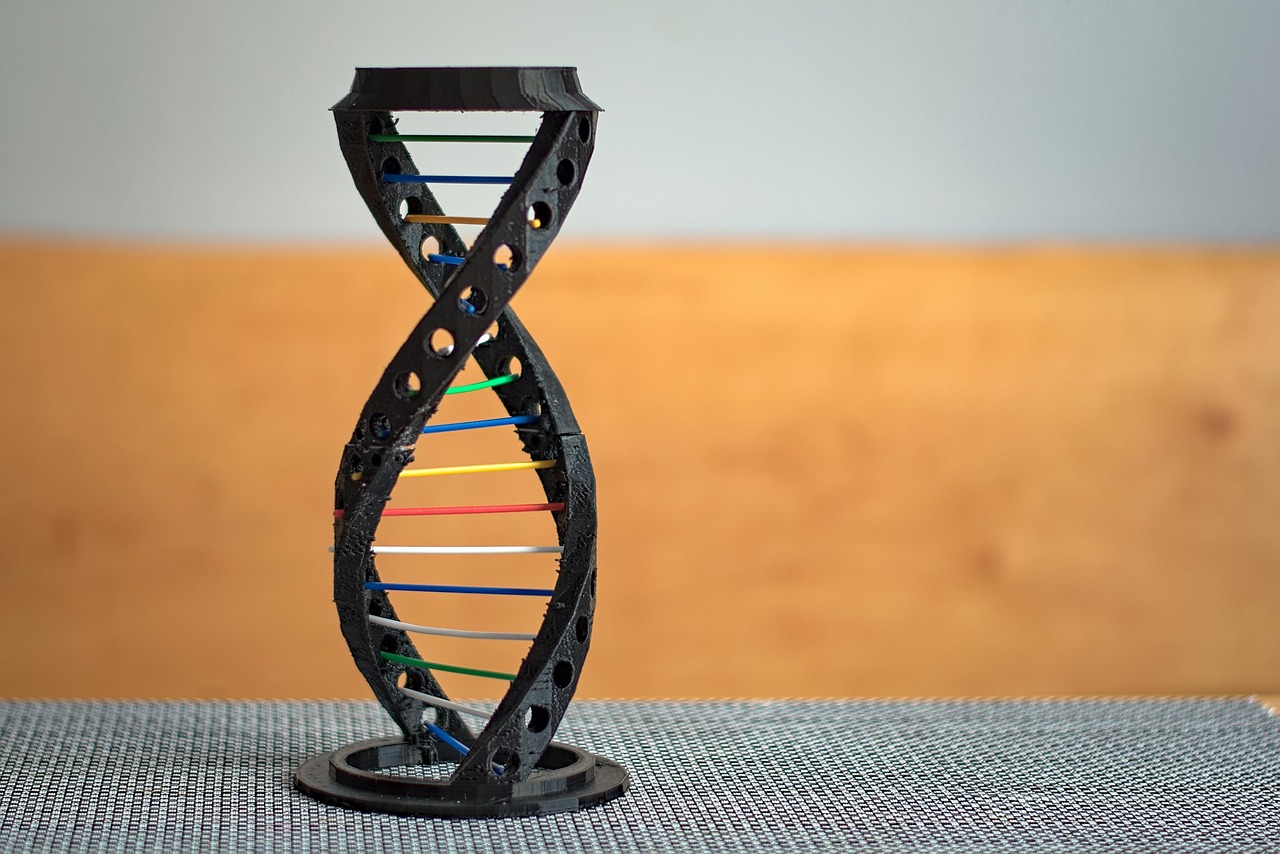Genetic technologies are changing the world faster than ever. From medical breakthroughs to eco-friendly energy solutions, these innovations are reshaping industries and opening exciting business opportunities. If you’re curious about how science is shaping the world around us, you’re in for a treat!
Genetic innovations like CRISPR, mRNA vaccines, and synthetic biology are solving big global challenges while unlocking new possibilities. These advancements aren’t just for scientists—they’re transforming healthcare, agriculture, and even energy industries, making life better for everyone. Let’s dive into how these technologies are changing our world and why they matter for the economy.
1. Healthcare: A New Era of Medicine
The healthcare industry is seeing incredible changes thanks to genetic technology. Imagine a world where diseases like cancer, AIDS, and inherited conditions can be treated at the genetic level. That future is closer than you think!
CRISPR: A Game-Changer in Medicine
CRISPR is a tool that allows scientists to edit genes with extreme precision. This means they can remove defective genes that cause diseases and even modify DNA to prevent future illnesses. Scientists are already working on treatments for conditions like sickle cell anemia, cancer, and rare genetic disorders.
mRNA Vaccines: More Than Just COVID-19
mRNA vaccines became famous during the COVID-19 pandemic, but their potential goes way beyond that. Scientists are now using this technology to create vaccines for other infectious diseases like the flu and RSV. This means faster, more effective solutions for health problems worldwide.
How This Affects the Economy
Lower healthcare costs due to better treatments
More jobs in the biotech and pharmaceutical industries
New business opportunities in genetic medicine
Genetic advancements are making healthcare more effective and also boosting the economy by creating new industries and jobs.

2. Agriculture: Smarter Farming, Better Food
With a growing global population, food security is more important than ever. Genetic technology is helping farmers grow more food while reducing environmental damage.
CRISPR in Agriculture: Better Crops, Less Waste
CRISPR is being used to develop crops that:
Resist pests and diseases (reducing the need for harmful pesticides)
Grow in tough weather conditions (helping farmers deal with climate change)
Are more nutritious and allergy-free (making food healthier for everyone)
Plant-Based Meat: A Booming Industry
Synthetic biology is also driving the plant-based meat industry, which is expected to be worth over $14 billion by 2026. As more people seek sustainable food options, businesses investing in alternative proteins are seeing huge growth.
How This Affects the Economy
Increased food production and lower waste
New markets for sustainable food products
More investment in biotech-driven farming
These innovations are helping to ensure a stable food supply while creating new business opportunities.

3. Energy and Sustainability: A Cleaner Future
Genetic technologies are playing a big role in creating environmentally friendly alternatives to traditional energy sources.
Biofuels from Algae: The Future of Energy
Scientists are using CRISPR to develop biofuels from algae, a renewable and sustainable energy source. These biofuels:
Are cheaper and cleaner than fossil fuels
Reduce pollution and greenhouse gases
Help companies meet sustainability goals
Carbon Recycling: Turning Waste into Profit
Synthetic biology is making it possible to turn industrial emissions into useful products like biofuels, fabrics, and chemicals. This means businesses can reduce their carbon footprint while making money from recycled materials.
How This Affects the Economy
Lower energy costs for businesses
Growth in renewable energy investments
More jobs in green technology
These advancements are paving the way for a cleaner and more profitable future.

4. High-Tech Innovations: DNA Data Storage and Smart Devices
Genetic technology isn’t just impacting healthcare and farming—it’s also changing the tech industry in surprising ways.
DNA Data Storage: A Revolutionary Idea
With digital data growing at an unbelievable rate, traditional storage solutions like hard drives and cloud servers are struggling to keep up. DNA storage offers a futuristic alternative because:
It can store massive amounts of data in a tiny space
It lasts for thousands of years
It’s more efficient and eco-friendly
Wearable Biotech: Smart Gadgets That Monitor Your Health
Imagine a smartwatch that not only tracks your steps but also scans your DNA for health risks and suggests personalized treatments. Thanks to CRISPR and synthetic biology, these futuristic devices are becoming a reality.
How This Affects the Economy
New markets for biotech-driven consumer electronics
Increased investment in AI and health-tech
Major shifts in data storage and IT industries
Genetics and technology are merging to create groundbreaking innovations that will shape the future.

How Businesses Can Adapt
Genetic technologies are not just scientific achievements—they’re major economic drivers. Companies looking to stay ahead need to:
Invest in research and development (R&D)
Form strategic partnerships with biotech firms
Navigate regulations and ethical concerns wisely
Businesses that embrace these changes now will have a significant advantage in the future economy.
Conclusion: The Future is Already Here
Genetic technologies are reshaping industries and economies all over the world. From healthcare and agriculture to energy and high-tech, these innovations are driving efficiency, sustainability, and economic growth.
For businesses and investors, now is the time to take action. Understanding and adopting these advancements will be key to staying ahead in the competitive global economy.
The future isn’t just about technology—it’s about using it to build a better, smarter, and more sustainable world. Are you ready to be part of the genetic revolution?
Stay ahead with our platform—where innovation meets opportunity!

